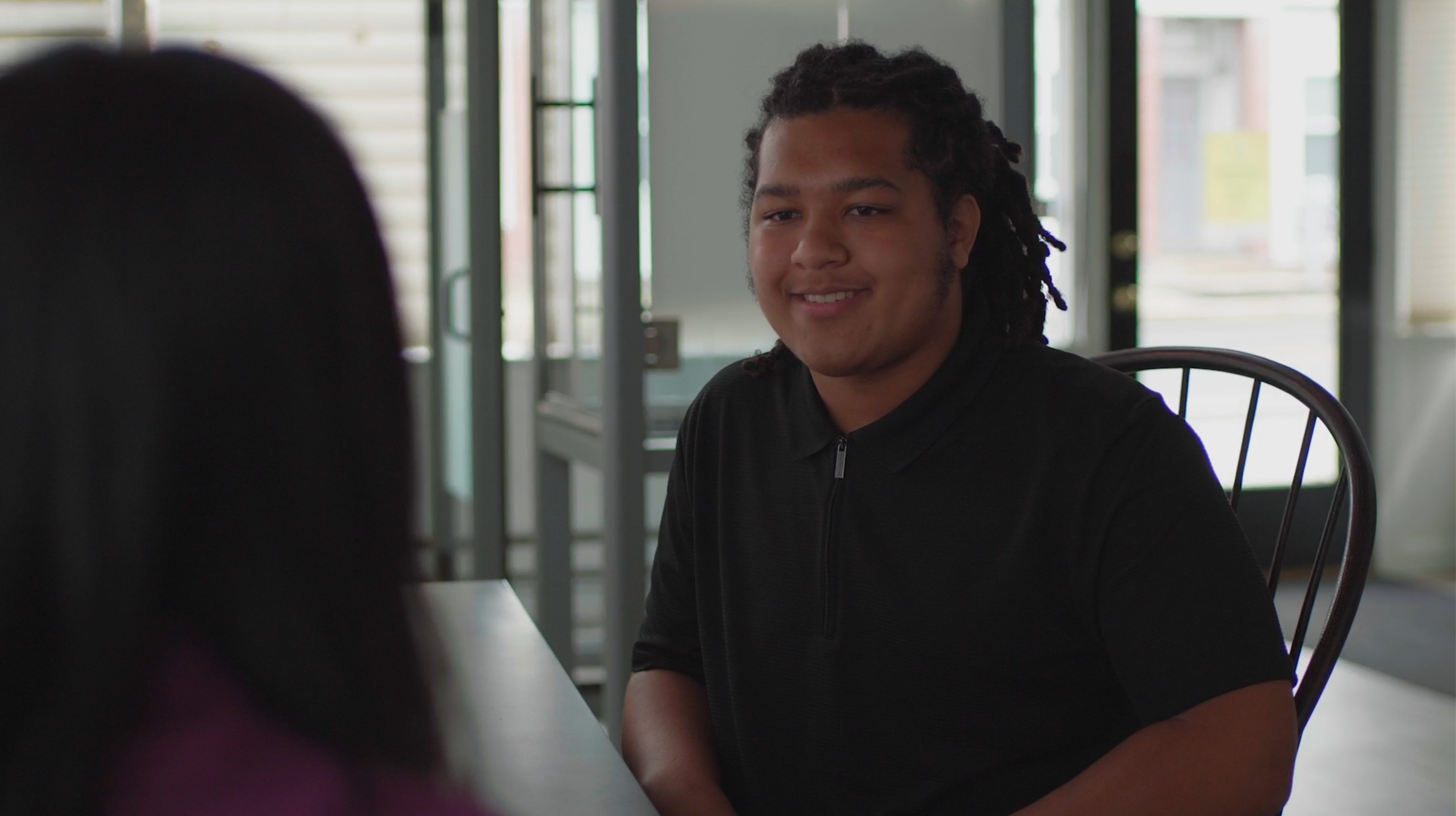Introduction
Interview etiquette is a crucial skill for high school students as they prepare to enter the workforce or apply for higher education. It’s important for educators to help students understand the do’s and don’ts of interviews, as well as how to present themselves professionally and confidently. In this blog post, we’ll discuss an easy, no-prep activity to teach interview etiquette, along with discussion questions and related skills that can help students succeed in their future interviews.
No-Prep Activity: Role-Playing Job Interviews
One effective way to teach interview etiquette without requiring any preparation or materials is through role-playing. Have students pair up and take turns playing the roles of the interviewer and interviewee. Provide them with a list of common interview questions and encourage them to practice proper etiquette, such as making eye contact, active listening, and selling their strengths. After each role-play session, have the students switch roles and repeat the process. Encourage them to provide constructive feedback to each other, focusing on what went well and areas for improvement.
Discussion Questions
- Why is it important to arrive on time or early for an interview? How does punctuality reflect on your character?
- What are some strategies for being an engaged and active listener during an interview? How can these strategies help you stand out as a candidate?
- How can you sell yourself and your strengths without over-exaggerating or being dishonest? Why is honesty important during an interview?
- What are some potential consequences of interrupting or talking over the interviewer? How can you ensure you’re giving the interviewer space to speak?
- Why is it important to be yourself during an interview? How can authenticity help you land the job?
Related Skills
In addition to interview etiquette, there are several other skills that can help high school students succeed in job interviews and beyond. These include:
- Communication Skills: Being able to articulate thoughts and ideas clearly and confidently is essential during an interview.
- Body Language: Nonverbal cues, such as eye contact, posture, and facial expressions, can convey confidence and professionalism.
- Problem Solving: Demonstrating the ability to think critically and solve problems can show potential employers that you’re a valuable asset.
- Teamwork: Showcasing your ability to work well with others and contribute to a positive team dynamic can make you an attractive candidate.
- Adaptability: Being open to change and able to adjust to new situations can help you stand out in a competitive job market.
Next Steps
Now that you have an understanding of interview etiquette and related skills, it’s time to put these principles into practice. To help your students further develop these essential skills, sign up for free samples of Everyday Speech’s sample materials. These resources can provide invaluable guidance and support as you work to prepare your students for success in job interviews and beyond.






